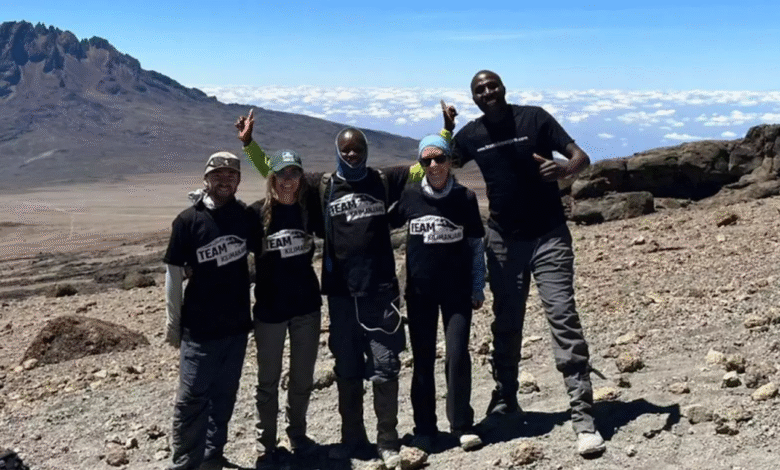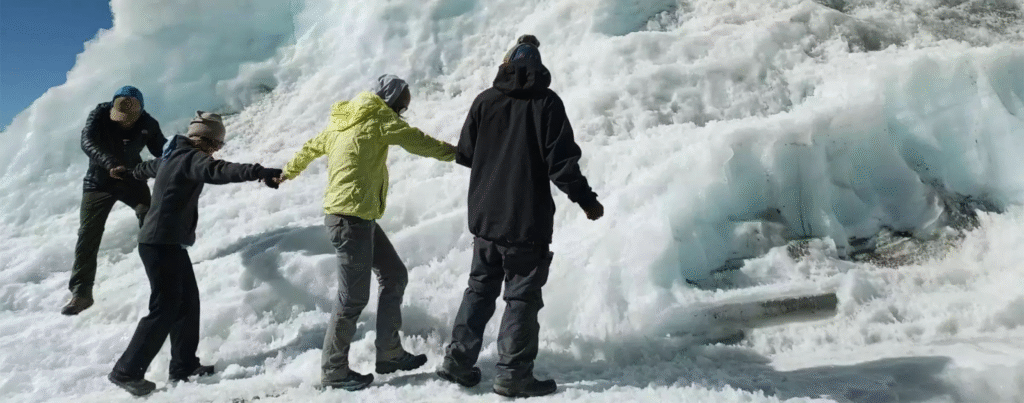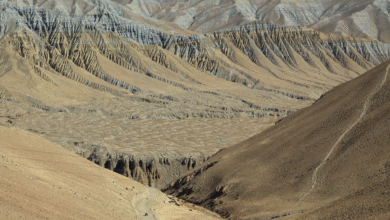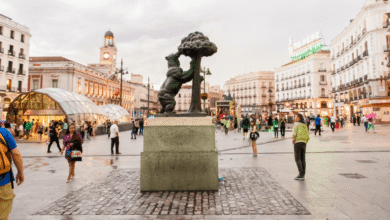Learning the Summit: Why Every Kilimanjaro Climb Is a Masterclass in Growth

Education takes many forms. Some learn from books; others learn from consequence. But few classrooms teach as completely as the slopes of climbing Kilimanjaro, where every lesson is earned through breath, effort, and humility. The mountain, in its quiet majesty, offers the purest curriculum in the world — one that teaches not facts, but character.
Each ascent is a syllabus of struggle and insight. It begins with curiosity — that first decision to rise above comfort — and ends with comprehension: that greatness is not inherited, but understood through discipline.
The Lesson of Patience
In ordinary life, progress often feels invisible. But on the mountain, every metre of gain is felt, every delay endured. Here, impatience is punished and steadiness is rewarded. Climbers learn that speed is a false virtue; endurance, the real one.
Patience becomes not merely a tactic but a philosophy — a way of seeing life as a series of deliberate steps rather than dramatic leaps. Each pause, each adjustment, each breath taken slowly is a declaration of wisdom: that sustainable success is the only kind worth keeping.
Altitude rewrites every rule. The air thins, appetite fades, and even thought slows. The body must adapt or fail. In this environment, flexibility becomes survival. Those who cling to rigid expectations suffer; those who observe, listen, and adjust thrive.
Mount Kilimanjaro teaches that adaptability is not weakness but intelligence. The climber who admits an error early always climbs higher than the one who denies it. In this way, the mountain becomes a teacher of humility — the kind that converts arrogance into awareness and reaction into reflection.
The Lesson of Teamwork
No one climbs alone. Every step is supported by others: the guides who lead, the porters who carry, the friends who encourage when spirits falter. The mountain proves that success is a collective act.
This truth echoes far beyond the trail. In classrooms, offices, and communities, achievement follows the same law — progress depends on cooperation. Leadership is not command; it is coordination. The summit belongs to everyone who contributed to the ascent.

The Lesson of Perseverance
At altitude, excuses evaporate. The only thing left is the will to continue. Perseverance is learned not in comfort but in challenge. Climbers discover that motivation must come from something deeper than comfort or praise — it must come from conviction.
When exhaustion sets in, a simple truth emerges: the goal must be worth the pain. That moral equation defines all meaningful growth, on mountains and in life alike.
The Lesson of Gratitude
At dawn on summit day, the horizon opens in silence. Sunlight spills across Africa, and for a few sacred moments, climbers forget the fatigue that brought them there. What remains is gratitude — for lungs that still work, for hands that still grip, for the privilege of being alive in that altitude of truth.
Gratitude, once learned, reshapes how one lives thereafter. The ordinary becomes luminous; effort becomes grace.
The Lesson Continues
Mount Kilimanjaro is not a destination but an education — a living classroom in the ethics of endurance. Each route offers new material, each guide a tutor in patience and precision. The detailed Kilimanjaro climb information shows how science, safety, and structure converge to make moral growth measurable.
Those who study the mountain’s lessons graduate with a new kind of intelligence: disciplined, humble, and profoundly awake.




